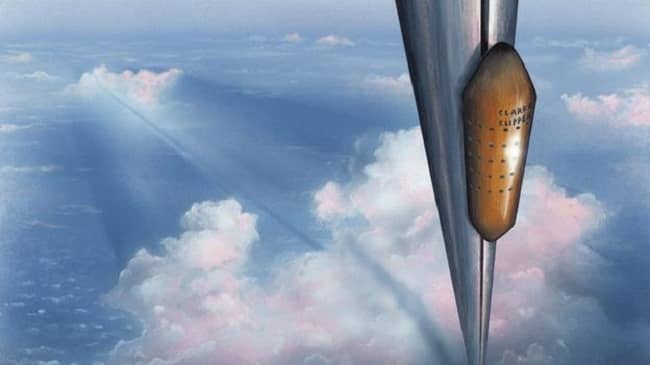A team of researchers from Shizuoka University working in collaboration with the Japan Aerospace Exploration Agency (JAXA) will start the tests of a miniature version of space elevators in the coming week. The tests conducted will be minimal and simple and will serve as the tiniest step towards an actual elevator to the stars. The elevator will consist of a small box of 6cm length, 3cm width, and 3cm height. The box will move along a 10-meter cable which is suspended in orbit between two small CubeSats. The movement of the box will be monitored with cameras inside of the satellite.
A spokesperson from the university said in an interview, “It’s going to be the world’s first experiment to test elevator movement in space.” There are several technical reasons why no serious work was done on the space elevators after they were imagined by Russian scientist Konstantin Tsiolkovsky back in 1895. The main idea of the lifts is that a cable capable of moving from the surface of the earth can orbit in the space until it reaches the destination in the space. The material required for this cable has to be lighter and stronger than any other material so that it can stand the stress it would face.
Obayashi, a Japanese construction company, which was collaborating with Shizuoka University, had the goal of building a space elevator by 2050. When the plans were announced in 2014, it stated that “current technology levels are not yet sufficient to realize the concept, but our plan is realistic.” The plan involved building a 96000-kilometer carbon nanotube cable, a 400-meter diameter ‘Earth Port’ on the ground, a 12500 ton counter weigh in space. The Carbon nanotubes are known to have more tensile strength than steel.
The difficulties of building such an elevator and the potential financial benefits in the future are both immense. Preliminary studies based on hypotheticals show that space elevators will bring the cost of moving cargo to space as down as $100 per pound as compared to the current launch which cost $10,000-$40,000 per pound. This significant decrease in the price can have the potential to lower the amount of space travel as well.
The future is definitely very exciting for space travel!

